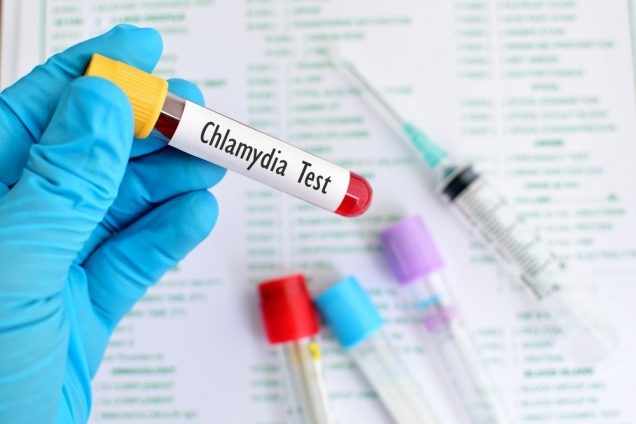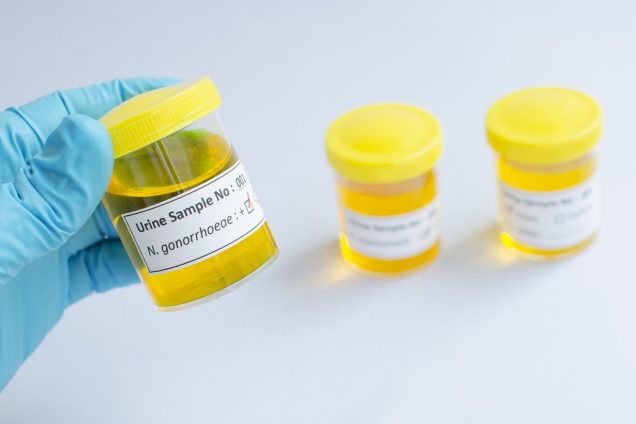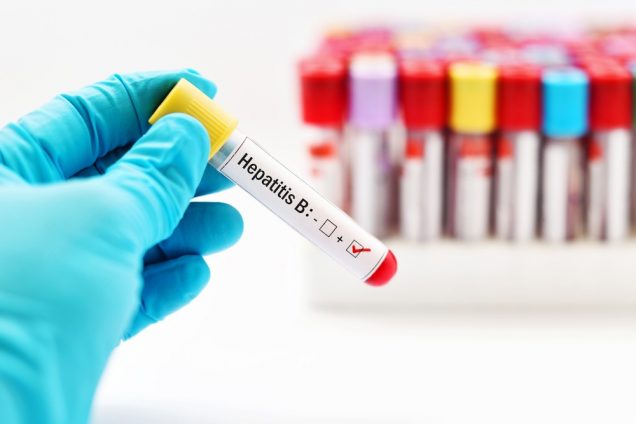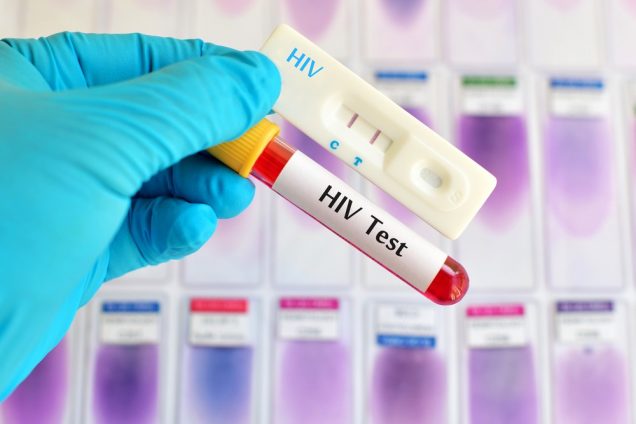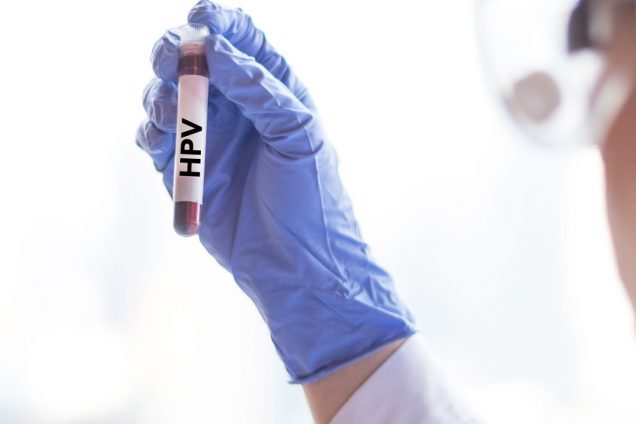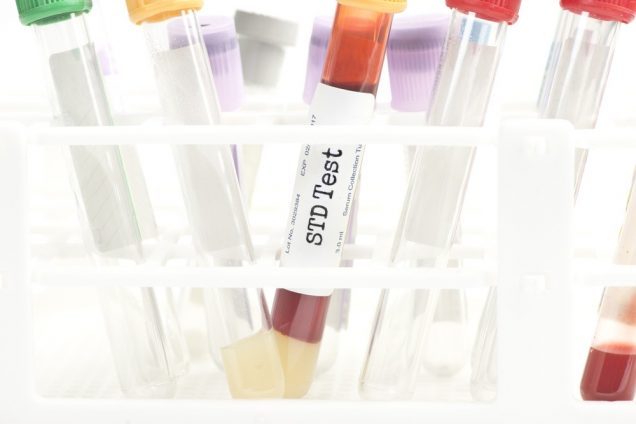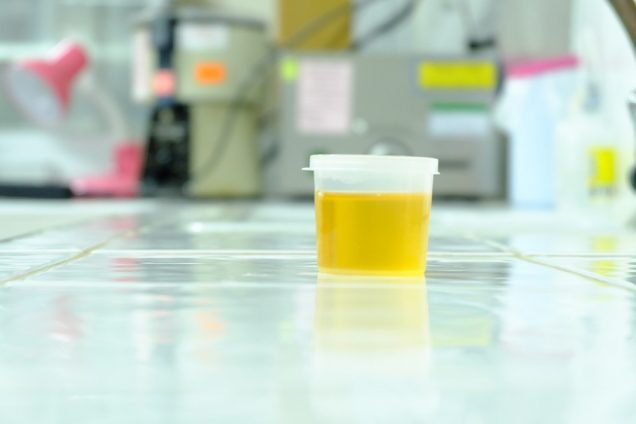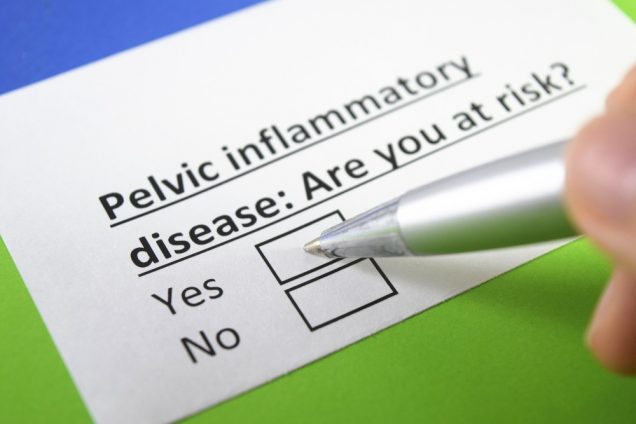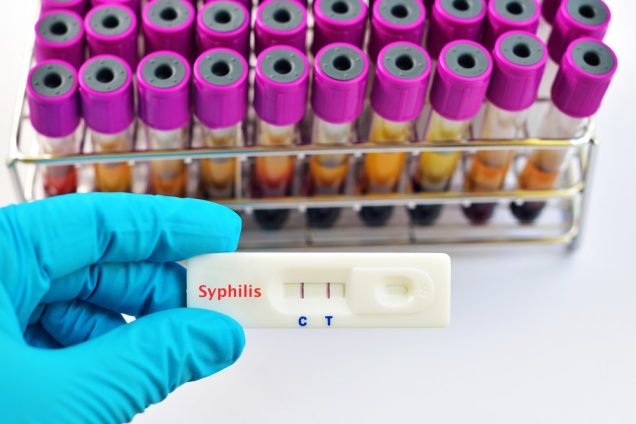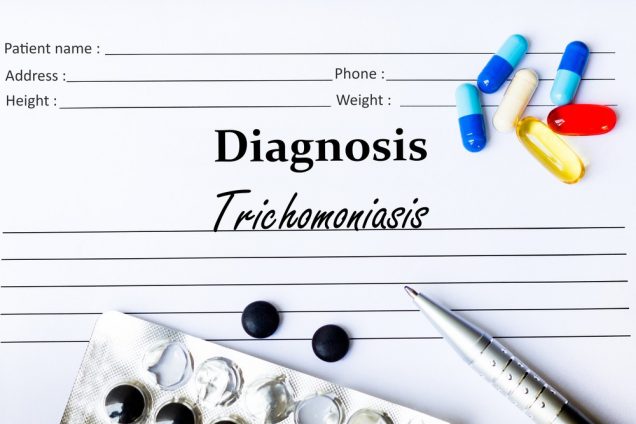STD Testing Methods
Contents
What is the perfect time to visit a doctor and be tested for sexually transmitted diseases? Most people only start to pay attention to their health after being exposed to the symptoms that make their life uncomfortable, such as uncommon discharge from penis or vagina, burning while urinating, sores or ulcers in genital areas, itching and other abnormalities.
However, it should always be remembered that in many cases STDs do not show any symptoms or remain in latent stages. All this time they can accumulate power to eventually damage your body or cause serious complications.
Besides, you may act as a contractor without being aware of that. This is why it is important to get tested after every exposure to infections through unprotected sex with insecure partners. Do not hesitate to visit a doctor as he is the only one who can provide proper STD testing and correctly diagnose the problem to prescribe efficient medication.
Some STDs are cured with common antibiotics, while others require special treatment. Here is the list of most common STDs and testing required:
Chancroid
When to get tested?
Open sores in genital areas, such as penis, rectum and vagina are the signs of chancroid. They can be painful and deliver pus. However, the symptoms may be confused with those of herpes or syphilis, so it is important to visit a doctor to be sure.
How to test?
Discharge from sores is examined under microscope to make a diagnosis.
Where to test?
Chancroid shows symptoms similar to other STDs, so you’ve got to visit a doctor at any healthcare center or clinic to have a correct diagnosis.
Chlamydia
When to get tested?
In most cases Chlamydia shows no symptoms, so it is important to have yourself tested every time after being exposed to unprotected sex with insecure partners. In rare cases Chlamydia can cause itching, abnormal discharge, burning or pain during urination or swelling in genital areas.
How to test?
There are several ways to get tested for Chlamydia. After taking a look at cervical discharge, your doctor may want to have a swab test from penis, urethra, cervix or anus. Urine test is another option.
Where to test?
You might visit any healthcare provider, most clinics and health departments to get tested for Chlamydia.
Gonorrhea
When to get tested?
Like Chlamydia, gonorrhea may show few or no symptoms at all, especially in women. In other cases it can cause abnormal discharge from penis or vagina, pain or burning during urination, menstrual abnormalities or painful intercourse. If you notice any of these, do not hesitate to get tested. It would be wise to get tested after unprotected sex as well.
How to test?
Your doctor will take a sample of discharge or make a swab test from urethra, vagina or anus. Urine test might also be useful.
Where to test?
Most clinics, private healthcare providers and health departments will help you with the tests.
Hepatitis B
When to get tested?
In many cases Hepatitis B shows no symptoms before damaging your body. But it may also cause tiredness, nausea, vomiting, loss of appetite, fever, headache on primary stages. Developed disease is likely to trigger yellowing of the skin or eyes, acute abdominal pains and dark urine. Hepatitis B is a serious disease so the earlier you diagnose it the less damage it will do to you.
How to test?
It takes a blood test to understand if you have Hepatitis B.
Where to test?
Although some typical symptoms can be seen with naked eye, it is essential to visit your healthcare department, healthcare provider or any clinic to do a blood test and get a definitive diagnosis.
Herpes
When to get tested?
There are two types of this widespread infection, oral and genital. Oral herpes is usually easy to locate as it comes and goes in sores and blisters on lips and the mouth area. Genital herpes runs unnoticed in most cases, but may also cause sores, blisters, itching or burning sensations while urinating. If you have any of these symptoms, make sure to get tested and take medication.
How to test?
A blood test can give extensive information about many diseases, including herpes. A doctor can also take a sample of sore fluids.
Where to test?
Many people start taking herpes drugs after spotting the sores. However, they might be confused with those associated with syphilis. Hence, don’t hesitate to visit your healthcare provider or other clinic for professional test.
HIV/AIDS
When to get tested?
HIV usually takes years before developing visible symptoms, such as fever, swollen glands, fatigue, headache or muscle aches. So an infected person would normally find out about the virus during routine medical tests. If HIV develops into AIDS, a wide range of health disorders will enter the stage, so a complex test will be required. It is recommended to do a test after unprotected sex with insecure partners or after sharing injection needles.
How to test?
There are several ways of HIV testing. The most common one is an antibody blood test. The presence of HIV antibodies in the blood means the patient is infected. The RNA blood test is the most complex yet expensive way to test for HIV and can identify the virus days after the infection. Oral swab tests are also available but are rarely used.
Where to test?
HIV requires a serious approach so it is necessary to visit your doctor, healthcare provider or STD testing clinics to pass the test. HIV testing can be confidential or anonymous. Home blood and oral tests are also available, but require professional confirmation.
HPV
When to get tested?
As long as HPV is a popular but relatively harmless virus that normally goes away on its own, it is only recommended for women to get tested as a follow-up to abnormal Pap smear test. Women over 30 are recommended to do HPV test every five years along with Pap test to prevent cervical cancer.
How to test?
A sample is taken from the cervix to identify the virus causing the abnormal change of cells.
Where to test?
Your healthcare provider where you do the regular Pap tests will assist you with HPV testing if required.
Lymphogranuloma Venereum
When to get tested?
If you notice small sores on the genitals, swelling or redness in groin area, inflammatory or swollen lymph nodes, blood or discharge from rectum, make sure to get tested for STDs, including LGV.
How to test?
It usually takes a biopsy or a blood test to detect the bacteria.
Where to test?
Visit your healthcare provider, health department or any private clinic to get tested.
Molluscum Contagiosum
When to get tested?
If you spot abnormal round growths with indentations around the genitals or on thighs, sometimes itching, visit a doctor to get a diagnosis.
How to test?
Your doctor will have a look at the growths with naked eye and could use a microscope to examine the sample in detail.
Where to test?
Any healthcare provider, clinic or private health center can help you with diagnosing Molluscum Contagiosum and offer eventual treatment.
Nongonococcal Urethritis
When to get tested?
The most common symptoms of nongonococcal urethritis are burning while urination, uncommon discharge, frequent urge to urinate and abdominal pains. If you have any of these, visit your doctor to get tested.
How to test?
A swab test or urine test are normally used to diagnose NGU. This disease shares symptoms with Chlamydia and Gonorrhea, so a shared test applies.
Where to test?
The symptoms of nongonococcal urethritis are similar to those of many other STDs, so make sure to contact your healthcare provide to get proper STD testing and diagnosis.
Pelvic Inflammatory Disease
When to get tested?
PID may show no symptoms on early stages, but becomes worse with time and causes disorders with menstrual periods, abdominal and back pains, discomfort during sexual intercourse and urination, nausea and vomiting. Any of these symptoms is an urgent sign to visit a doctor and have yourself tested as PID can develop serious complications.
How to test?
Pelvic exam, blood test, cervical and vaginal discharge test and laparoscopy are all used to identify the disease.
Where to test?
PID is a serious disease and requires professional approach in testing and treatment, so make sure to visit your healthcare provider, health department or any other clinic.
Pubic Lice
When to get tested?
This STD testing is required when you experience itching in the genital areas, irritation, fever or spot tiny white eggs or lice themselves in pubic hair.
How to test?
Pubic lice, also known as crabs, can be seen with naked eye. They look like tiny grey crabs and attach themselves to hair in genital area, armpits and even eyebrows. Their white eggs can be found around hair roots.
Where to test?
Testing can be done both at home and at your healthcare provider. Visiting a doctor is a better option as he will be able to prescribe appropriate medication.
Scabies
When to get tested?
Scabies often provoke intense itching, mainly during night time. It is usually accompanied with rash in genital areas, on fingers, thighs, breasts and other parts of the body.
How to test?
It is difficult to diagnose scabies on your own, but a doctor can use a microscope to examine a skin sample. Biopsy can be applied, too.
Where to test?
Most healthcare providers, clinics and private medical institutions will be able to assist you with treating scabies.
Syphilis
When to get tested?
Syphilis is best treated on early stages, so it’s important to pay attention to your health condition and get tested as soon as you notice sores or wet ulcers in genital areas, lips, breasts or other parts of the body. If left untreated, the disease may cause serious complications. Syphilis does not necessarily show symptoms on primary stages, so it is recommended to get tested every time after exposure to the disease through unprotected sex.
How to test?
If there are open sores, it is usually enough to take a fluid sample out of it to identify the disease. A blood test applies in other cases.
Where to test?
Contact your healthcare provider, a private clinic or health department to pass the test and get treated.
Trichomoniasis
When to get tested?
Women might observe smelly vaginal discharge, experience itching in the genital area, burning while urination or urge to urinate. Men might notice abnormal discharge from urethra and also have an urge to urinate frequently. However, in many cases trichomoniasis does not show any symptoms, so it’s important to get tested both when observing some of the symptoms and after unprotected sex.
How to test?
Women take a pelvic test with vaginal discharge samples being examined. Men are subject to urethra swab test.
Where to test?
Most clinics, health departments and healthcare providers will help you with trichomoniasis testing and treatment.
STD Testing FAQ
Do Under-Age People Need Authorization From Their Parents For STD Testing?
Laws may vary from state to state and sometimes parental permission is required to test an under-age person for sexually transmitted diseases. However, all medical facilities and healthcare providers comply with confidentiality policy. Anonymous testing is also available in certain places.
Which STD Test Is Best For Me?
There is no all-around test for all STDs. Your healthcare provider will help you choose a proper test depending on the symptoms, your sexual activity, previous exposure to STDs, eventual drug allergies as well as your previous drug use. The most common ways to test for STDs are general examination, pelvic test, discharge test, oral or genital swab test, body fluids’ test, blood test or urine test, biopsy.
Is It Necessary To Get Tested for STDs?
Many STDs develop similar symptoms, such as abnormal and smelly discharge from vagina, penis or rectum, burning while urinating, itching, sores or rash in genital areas. If you notice any of these or other uncommon sensations or disorders, do not hesitate to visit a doctor and get tested. Remember, the sooner you find out about an infection the more chances you will have to avoid complications and treat it fast and easy.
However, it is important to have in mind that sexually transmitted diseases often do not show any symptoms before doing significant damage to your body. That is why it is essential to control your sexual life, prefer monogamous relations and use condoms with new partners. If you have been exposed to infections through unprotected sex and have any doubts over your health condition, contact your healthcare provider and get tested. This will help you avoid aggravations and prevent from transmitting the diseases to other people.


